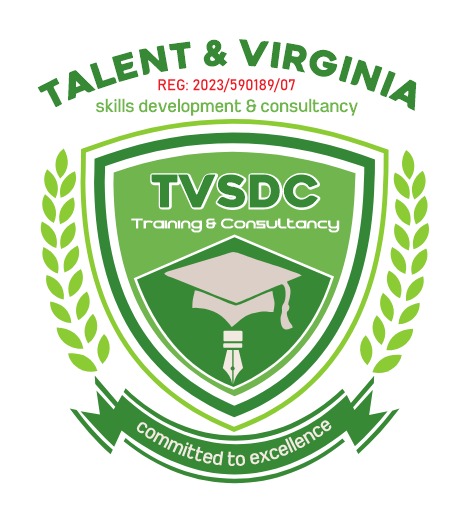Course details
National Certificate: Supply Chain Management 5
National Certificate: Supply Chain Management – NQF 5, SAQA ID 74149, Credits 157
This is o-year based on the NQF national hours. A year planner and academic calendar is available at the staof your studies with dates and times of classes and campus activities to help you plan your schedule.
Purpose
Quite simply, supply chain management is all about the production, shipment and distribution of products. It covers everything from inventory to sales, and is crucial to any business that makes and sells products.
Professionals in this field must work closely with others to acquire everything they need. More importantly, they need to ensure it’s all completed on time and within budget. There are several actual job duties, and these will vary depending on the position.
The Institute for Supply Management has identified 14 crucial components in the supply chain management
Target Audience
The students who should attend this course are employees who are working in a supply chain environment (operations, warehousing, transportation, procurement and so on), or those who want a deeper understanding of the subject. The programme will also assist employees who wish to aspire to become a manager in a SCM environment and current managers who wish to improve their supply chain management skills. Professionals working in an auditing or business consultancy environment may also benefit from the course. It must be noted that SCM is considered to be a scarce skill by the Department of Labour in South Africa and a critical skills shortage in many countries throughout the world.
Course Structure
Content
The course is divided into two modules, namely:
Module A: Supply Chain Management: A Logistics Perspective
In this section, the subject of logistics in introduced and includes the following:
• Introduction to business logistics;
• Competitive advantage created by logistics;
• Logistics and supply chain strategy;
• Tactical logistics management and supply chain integration;
• Financial aspects of logistics and supply chain management;
• Forecasting and demand management;
• Network integration;
• Introduction to production and operations management;
• Procurement management;
• Inventory management;
• Facility location and design;
• Packaging and containers;
• Equipment used at facilities;
• Warehouse operations;
• The transport system and management;
• Transport costing and structure;
• Managing international supply chain (import and export management);
• Reverse logistics and investment recovery; and
• Controlling logistics performance.
Module B:Supply Chain Management: A General Management Integrative Approach
In Section Two the following subject matter is covered:
• The role of business in society;
• Needs and need satisfaction (the basic economic question);
• The main economic systems;
• Need-satisfying institutions in a market economy;
• Entrepreneurship;
• The small business;
• The entrepreneurial process
• The establishment of a business;
• Legal form of ownership;
• Developing a business plan for a business;
• The various business environments;
• Corporate social responsibility;
• Corporate governance;
• Stakeholder engagement;
• Sustainable development;
• Planning;
• Organizing;
• Leading;
• Controlling;
• Operations management;
• HR management
• Marketing management;
• Financial management;
• Business strategy;
• Introduction to project management: and
• Using SCM to create a competitive advantage.
Note that Procurement management is covered under Module A.
Outcomes
There is a worldwide need for supply chain management (SCM) practitioners because as organizations become larger and more complex; they need their primary and support activities to be incorporated in such a way that the varying wants of stakeholders may be appeased. In essence, an effective supply chain manager is a specialist in logistics, quality assurance and a generalist in management and particularly general management. He or she therefore needs to fully understand the various logistics activities, be well conversant in the four management tasks (planning, organizing, leading and controlling) and fully understand the management functional areas such as marketing, HR, operations, finance andso on. The secret of effective and efficient SCM lies in the supply chain manager’s ability to integrate all of the aforementioned logistics activities, the four management tasks and various management functional areas,so that the requirements of up and down-stream customers may be satisfied as effectively and cost efficiently as possible. As an organization can use SCM to differentiate itself against its competitors and use such unique attributes to obtain a competitive advantage, effective SCM can lead to reduced costs, improved sales, increased product and service quality, higher profits and as importantly enhanced stakeholder Relationships. No wonder SCM has become one of the most sought after careers worldwide!
Course Intake
This course consist of two modules that takes place over period of 6 months each at our Training
Job opportunities:
This industry contains a wide range of jobs, including numerous positions for both entry-level and more experienced employees. The types of jobs that are available range from junior positions to senior management-level positions. Examples include:
• Customs clerk
• Scheduling clerk
• Junior buyer
• Procurement officer
• Warehouse assistant
• Warehouse manager
• Facilities manager
• Distribution manager
• Supply chain manager
Updated on 24 May, 2023
